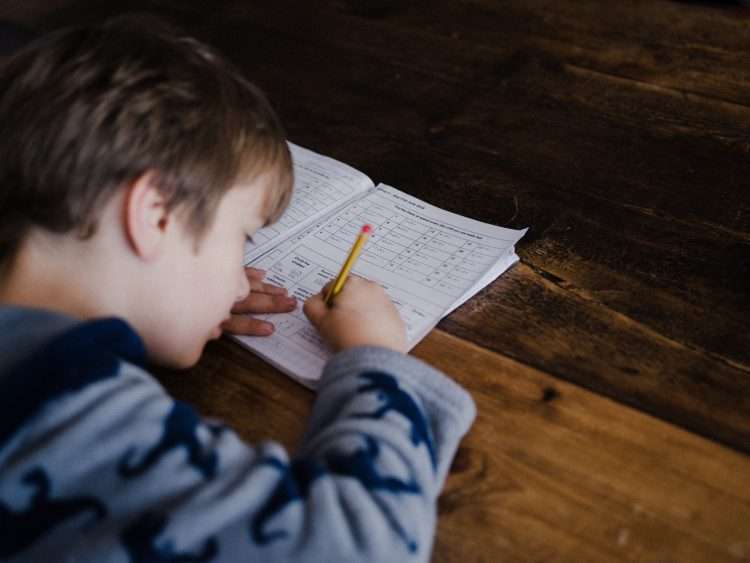Young People Studying

Exploring the topic of “Young People Studying” offers valuable insights into effective learning strategies and academic pursuits. This introduction delves into the habits, challenges and achievements of young learners, providing a platform to enhance language skills through engaging discussions.
By examining study routines, motivation and educational aspirations of youth, English learners can broaden their vocabulary, practice comprehension and foster critical thinking.
About Young People Studying
For many children, an afternoon of studying after they arrive home from school is common practice. The amount of work that children and teenagers have to do outside of school seems to be increasing every year.
While some argue that this is beneficial for children as it allows them to learn more, giving them greater opportunities in life others argue that children are missing out on a childhood that they believe should be filled with fun, games and outdoor activities.
Useful Vocabulary
Try and use the following vocabulary when answering the question. Click to look up the definition in the dictionary
Conversation Questions
- Do young people spend too much time studying?
- Do you think children study more nowadays than they did in the past?
- When do you think is the best time of the day to study?
- What subjects are most important for students to study at school?
- How important is it for children to study at home after school?
- Do you think children should spend time studying during the weekend?
- What study habits do you think are most effective for young learners?
- How do you think technology has influenced the way young people study today compared to the past?
- How can young people balance their academic studies with their personal interests and hobbies effectively?
- In some countries, students have to decide on their future careers at a young age. Is this beneficial or detrimental to their academic development?

